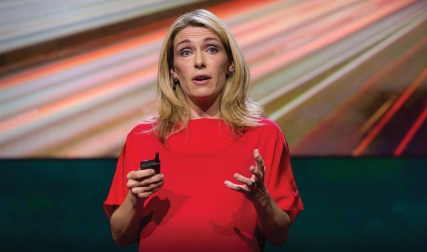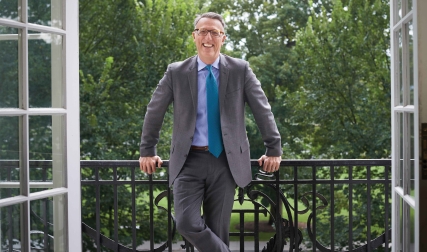Humans may never find the Fountain of Youth, but we have made great strides in identifying the factors that promote optimal aging. “For a long time we thought that you could do whatever you want in life because it was all about the genes,” says Flaherty, head of the American Geriatrics Society. “Genes are a factor, but we’re learning that we can control the aging process a lot more than we thought we could.” In addition to managing chronic conditions such as hypertension, diabetes, obesity and substance abuse, Flaherty recommends the following regimen to promote a long and healthy life.
Use Your Brain
“There is a modest amount of evidence that if you do some brain exercises such as crossword puzzles, learning a new language, teaching yourself guitar or other types of thinking activities—something other than watching television—they will promote optimal aging. I have two patients who are writers, and they have continued to write past the age of 100. We think a lot about the concept of resilience, and with the patients that I’ve cared for who are well into their 90s or over 100, they have all continued to use their brains in some way.”
Get Physical
“Physical exercise is extremely important. Even a minimal amount of exercise—45 minutes, three times a week—can help somebody prevent a fall. It should be consistent exercise that raises your heart rate and, with older adults, helps with balance and controlling chronic conditions. It’s not necessarily going to a gym—the key is building exercise into a routine and doing it, which is the hardest part for all of us, no matter how old we are. When I think about my patients who are over 100 and living alone, all of them exercise.”
Eat Well
“When we look at the whole body of literature on aging, we still come back to: What is healthy eating? We strongly recommend lots of fruits, lots of vegetables, complex carbohydrates, alcohol in moderation and minimizing protein. We actually have some classes at Dartmouth-Hitchcock Aging Resource Center on plant-based diets. Most Americans eat more protein than is needed. The focus is on helping people who have been part of the meat-and-potatoes generation to introduce more fruits and vegetables into their diets.”
Make Friends
“Loneliness is not a good thing. Aging in place has become very popular, and we struggle in rural areas to combat loneliness and depression. There is a greater risk for adverse events, such as falling, when you live alone. People who have been able to live at home for as long as they want—even those who don’t have significant others or children—have developed relationships. Companionship comes in many different flavors, in terms of people who are married, people who cohabitate and people who live in congregate housing.”



